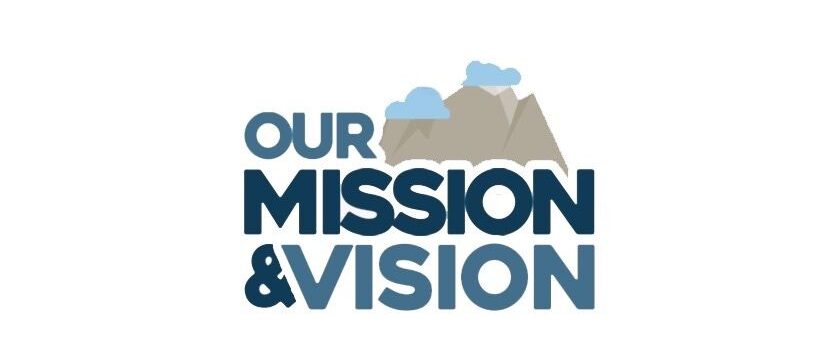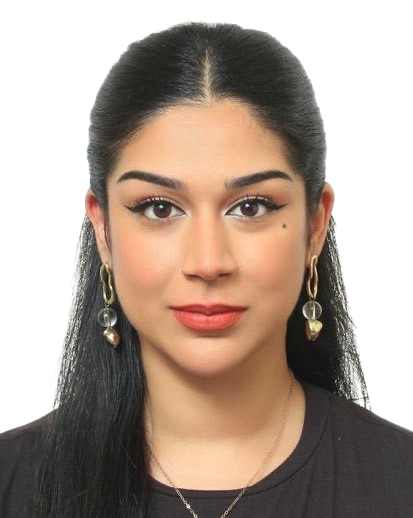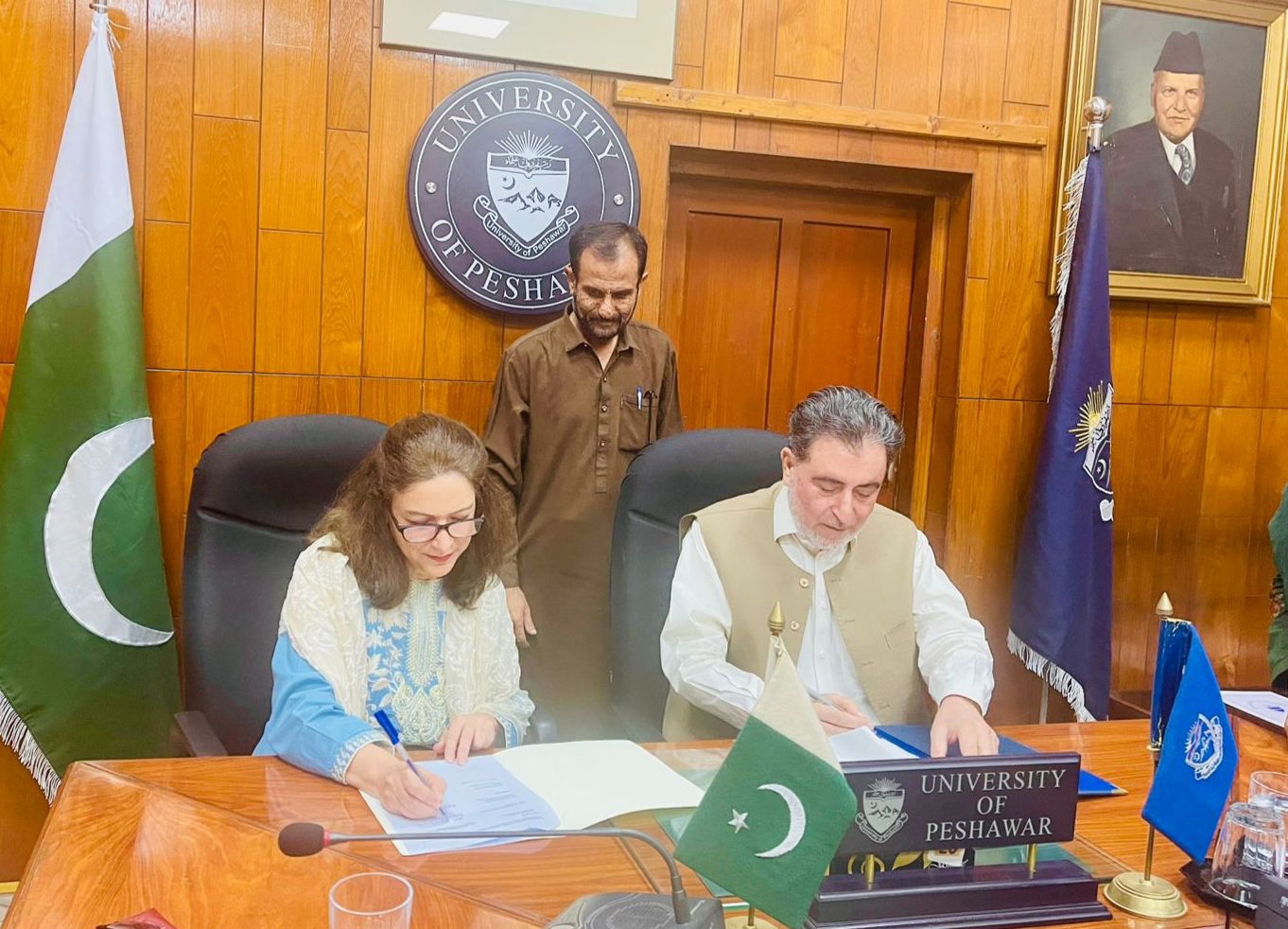We are committed to building new perspectives for those who find themselves at a crossroads and want to make more informed decisions about which path to follow.
A group of scholars, policymakers, and researchers who share a vision for a just, equal, and peaceful world. We have strong track records in social science and interdisciplinary research. We rely on participatory methods and strongly believe in equality and inclusion.
We bridge knowledge gaps by providing tailored learning resources and training, empowering individuals and organizations to achieve their goals effectively.
We assess the performance of the development and humanitarian sectors, providing insights to enhance effectiveness, accountability, and impact.
We evaluate and improve the performance of the development and humanitarian sectors by providing actionable insights and recommendations for greater impact and efficiency.
Our training events offer valuable networking opportunities, connecting professionals and organizations to foster collaboration, share knowledge, and build impactful partnerships.

We are committed to building new perspectives for those who find themselves at a crossroads and want to make more informed decisions about which path to follow.
Our vision is to understand and transform our realities through developing interdisciplinary modes of enquiry, outside the entrenched boundaries of academic disciplines. We remain committed to working democratically, collaboratively, and transparently, and in solidarity with people who live with inequities and injustice.

Crossroads Advisory (CA) and the Migration Research Cell (MRC) of the Department of Political Science, University of Peshawar, signed an MoU on 24 October 2024 to cooperate on issues related to humanitarian governance. For this purpose, both jointly established the Maraka Humanitarian Observatory (MHO) with presence at the two organizations in Islamabad and Peshawar respectively. Both parties will endeavor to raise funds for MHO work/activities/projects jointly and independently.
(a) Prepare policy papers and briefs to share with governmental, multilateral and bilateral
organizations for strategic policy, institutional strengthening and training on issues related
to refugees, internally displaced and marginalised communities.
(b) Conduct hybrid seminars and stakeholder meetings for awareness raising on
humanitarian issues.
(c) Create an Interactive Digital Documentation Cell/ Archive for all the relevant reports,
documents, visual art and other appropriate materials not available in the public domain
previously. For this, both organizations will reach out to government institutions and UN
agencies as well as NGOs and INGOs for sharing of available material.
